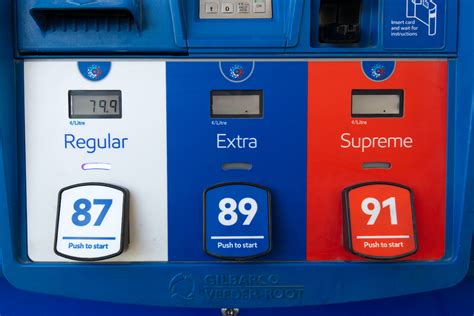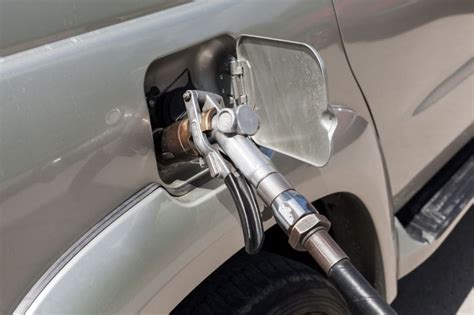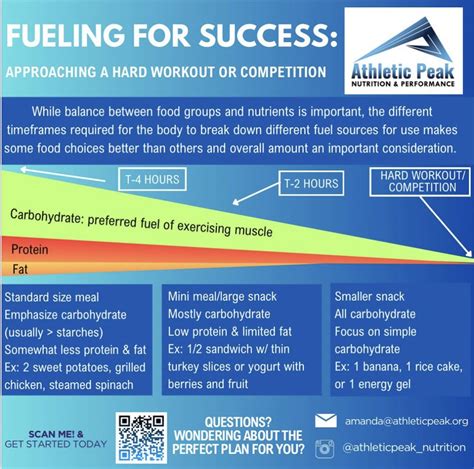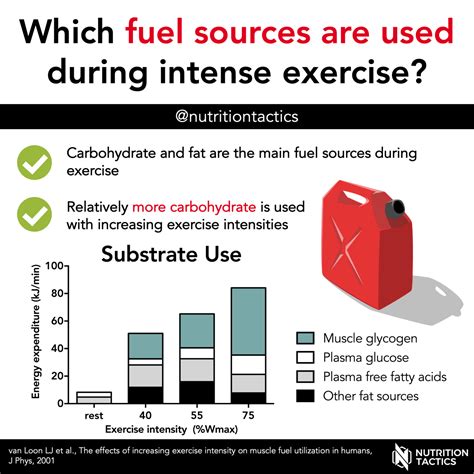Understanding Premium Fuel and Your Engine’s Needs
The fuel pump offers a choice: regular, mid-grade, and premium. For many drivers, the allure of “premium” fuel suggests superior performance, better engine protection, and, perhaps most appealingly, improved fuel efficiency. But does shelling out extra for higher-octane gasoline truly translate into more miles per gallon for your vehicle? The answer is more nuanced than a simple yes or no, deeply rooted in engine design and manufacturer specifications.
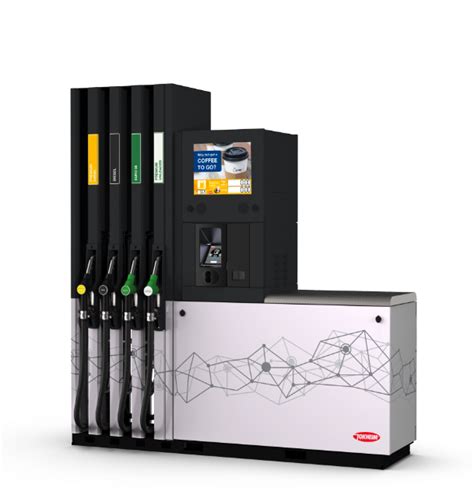
What Exactly is Premium Fuel?
The primary difference between regular and premium gasoline is its octane rating. Regular unleaded typically has an octane rating of 87, while premium often ranges from 91 to 93. Octane isn’t a measure of energy content or “power”; instead, it indicates a fuel’s resistance to pre-ignition or “knocking.”
Engine knocking, also known as pre-ignition or detonation, occurs when the fuel-air mixture in a cylinder ignites spontaneously before the spark plug fires, causing an uncontrolled explosion that works against the piston’s motion. This can lead to decreased engine efficiency, reduced performance, and, over time, significant engine damage.
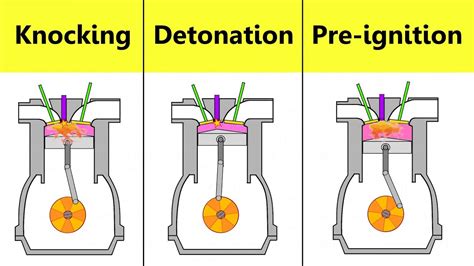
Do You Need Premium Fuel for Your Car?
Whether your car needs premium fuel boils down to its engine design. High-performance engines, often found in sports cars, luxury vehicles, or some turbocharged models, have higher compression ratios or forced induction systems (like turbochargers or superchargers). These designs create more heat and pressure in the combustion chamber, making them more susceptible to knocking with lower-octane fuel.
For these engines, manufacturers specifically recommend or require premium fuel. Using regular unleaded in such an engine can lead to the engine’s computer (ECU) retarding ignition timing to prevent knocking. While this prevents damage, it also reduces power and, potentially, fuel efficiency. In these specific cases, premium fuel ensures the engine operates as designed, delivering optimal performance and the expected MPG.
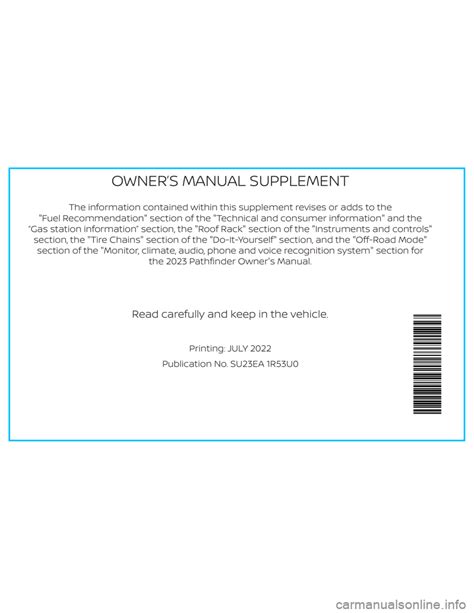
The MPG Myth: Does Premium Fuel Boost Economy?
For the vast majority of vehicles – those designed to run on regular 87-octane gasoline – using premium fuel offers absolutely no benefit to fuel economy or performance. Modern engines are incredibly sophisticated and calibrated precisely for the fuel type specified by the manufacturer.
- No Extra Power: Octane doesn’t add power; it just resists pre-ignition. If your engine isn’t prone to knocking with regular fuel, giving it higher octane won’t make it more powerful or efficient.
- ECU Adaptation: If your car is designed for regular fuel, its engine control unit (ECU) will not be able to take advantage of the higher octane. It simply continues to operate based on its factory calibration, often igniting fuel at the same timing as if it were regular. You’re essentially paying for an anti-knock property your engine doesn’t need.
- Waste of Money: Numerous studies, including those by the American Automobile Association (AAA) and consumer reports, have consistently shown that drivers of vehicles not requiring premium fuel gain no benefit from using it. You’re just spending more money per gallon for the same, or even slightly worse, fuel economy, as some premium fuels might have slightly different additive packages not optimized for your engine.
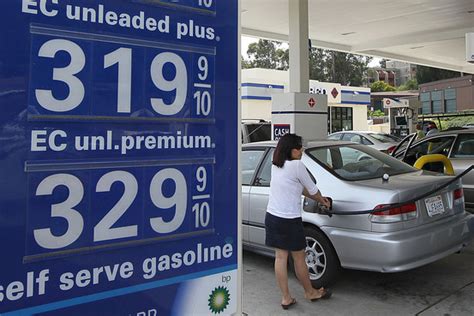
When Might There Be a (Very Rare) Exception?
While generally not beneficial, there are extremely rare edge cases. If your regular-fuel vehicle is experiencing severe and persistent knocking due to an engine malfunction (e.g., carbon buildup) or extreme operating conditions (e.g., towing heavy loads in very hot weather at high altitudes), a temporary switch to mid-grade or premium might slightly mitigate the knocking. However, this is a band-aid solution, and the underlying mechanical issue should be addressed by a mechanic.
The Bottom Line: Consult Your Owner’s Manual
The definitive guide to what fuel your car needs is your vehicle’s owner’s manual. Look for sections on “Fuel Requirements” or “Recommended Fuel.” If it states “Premium Recommended” or “Premium Required,” then use it. If it says “Regular Unleaded,” stick with 87 octane. You’ll save money without sacrificing performance or engine longevity, and you won’t see any magical boost in your miles per gallon.
In conclusion, for the vast majority of vehicles on the road, premium fuel is a premium expense without a premium return on investment in terms of MPG. Save your money and fill up with the octane level your manufacturer designed your car to use.
